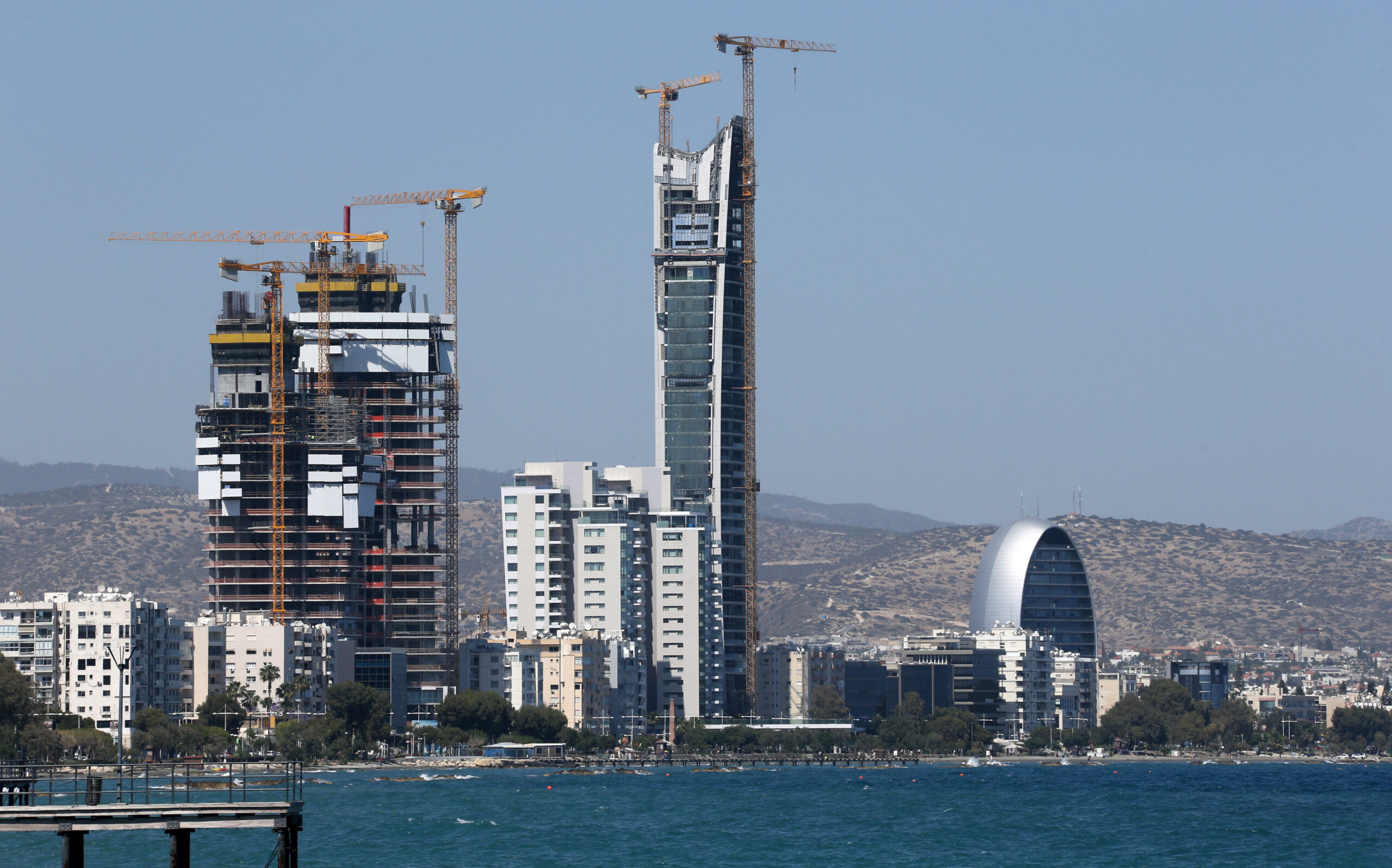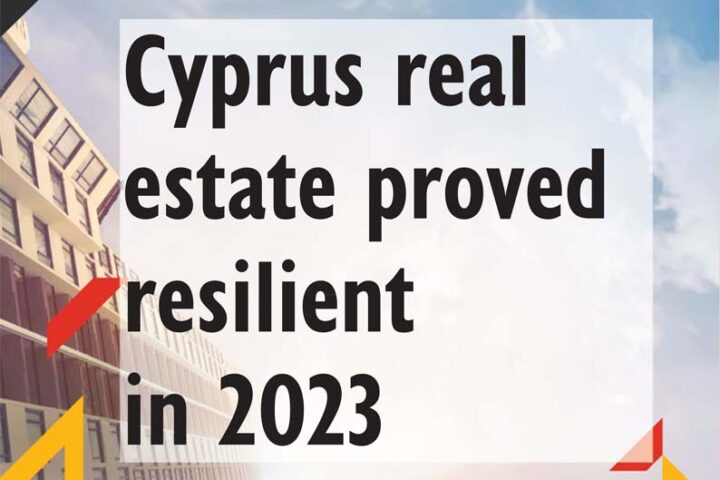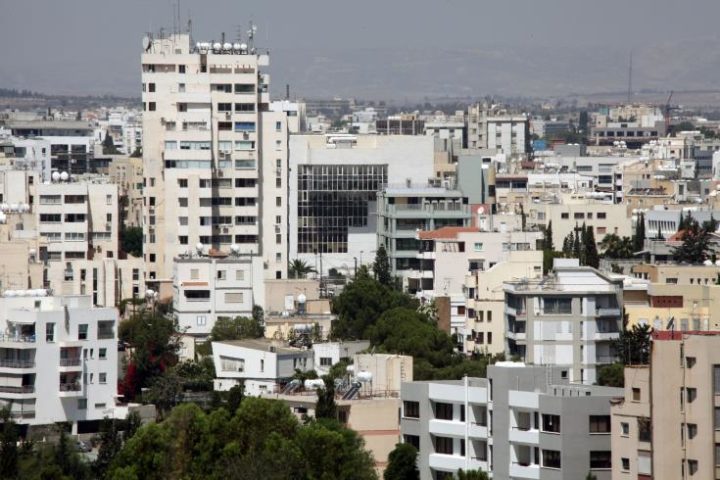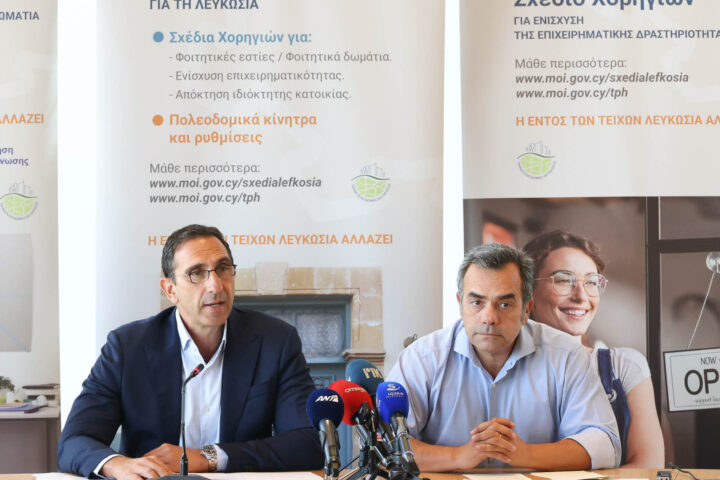Cyprus is fast running out of space for housing, causing extreme hardship in society and widening the income gap, compounded by near-zero household wage growth.
The problem has been exacerbated by the relocation of Ukrainians and others, exerting greater pressure on the real estate market.
In the past, too much importance had been given to property developers and the urgent need to build and sell holiday homes, high-cost residences, and towers to justify the disgraced golden passports scheme.
As a result, Limassol grew too fast amid the need to satisfy demand, regardless of the repercussions on transport, the environment and people.
Now, the port town’s centre is suffering.
It is overcrowded due to a lack of planning and the inability of any administration to impose a moratorium on new buildings.
George Vassiliou’s presidency tried to put some order in uncontrolled development, only to be shot down by hoteliers and developers, accusing him of standing in the way of economic growth.
He wanted to freeze this rush for a few years to better plan the needs for local housing and the potential growth of the tourism industry and place strong foundations for future infrastructure.
That’s called social planning, a clear absence from most past administrations.
Since then, apart from the occasional resurfacing of highways and widening of some roads, the main arteries in and out of the centre of all towns are now as clogged up as a chain-smoker’s arteries, whose heart cannot pump fast enough to keep the body going.
What’s worse, apart from the lingering sewerage problems, with the networks planned for a smaller population, especially in Limassol, the lack of efficient public transport to replace motor cars, and the absence of decent pavements for pedestrians and pathways for cyclists, are simply making matters worse.
Add to this the reckless decision to house the Cyprus University of Technology (Tepak) in the middle of Limassol without foreseeing the need for student housing and what this has done to nearby residential demand.
The old town is suffocating with rapid development to its west and east.
The only right decisions were to locate the casino resort on the western outskirts and the widening of Spyrou Araouzou and 28th October coastal avenues.
There are several plots of unutilised land and dilapidated building blocks built in haste to accommodate the boom from the Lebanese refugees in the 1970s and 1980s.
Many of these are also under administration, with millions owed to the state.
These disasters-in-the-making should be torn down, regardless of who is related to whom in local administration or political parties.
The properties must then be handed over to the Cyprus Land Development Corporation for new development.
This public body is frustrated as regards its mission and has long waffled away from its initial purpose to provide affordable housing to low-income households.
As properties naturally become smaller, a single tenant or young couple would be satisfied with an apartment of 60 to 90 square metres, as this would be the only affordable size for a roof over their heads.
This would also allow for new multi-units to be built in areas from which reaching work would be easier, affordable, and less pollution caused by traffic.
It would also help families balance their household budgets, which are now absorbed by rent, utilities, and expensive consumer goods.
It would also help evenly spread out the population clusters, burdened with finding cheaper rent far out of town, ultimately paying more for fuel and transport.
Some planning is needed.
As are faster decisions and rapid implementation, not taking ten years to repair refugee housing and two decades to build a road.










